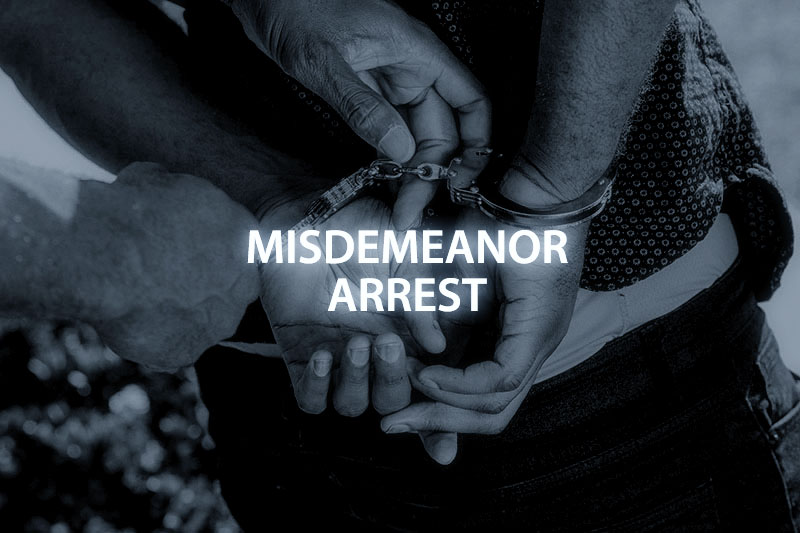When facing misdemeanor charges in California, understanding the potential for plea bargaining is crucial for anyone seeking to navigate the criminal justice system effectively. Plea bargaining is a complex art that involves negotiation between the defense and the prosecution. In many cases, negotiating a plea deal can lead to a more favorable outcome for the accused, potentially reducing charges, limiting penalties, or even avoiding trial altogether.
The Plea Bargaining Process
Plea bargaining is a strategic negotiation process where the defendant agrees to plead guilty to a lesser charge, or to only one of multiple charges, in exchange for a more lenient sentence or the dismissal of other charges. This process is a staple of the American criminal justice system, with the vast majority of criminal cases being resolved through plea bargains.
In California misdemeanor cases, plea bargaining occurs at various stages, from the arraignment to pre-trial motions, and even sometimes during trial. Plea offers can be initiated by either side – though typically they are presented by prosecutors who have discretion over the charges and potential sentence recommendations.
Advantages of Plea Bargains
Plea bargains offer several advantages to defendants:
Reduced Sentencing and Charges
The primary benefit is the possibility of receiving a lighter sentence than what might result from a trial verdict. This could mean less jail time, lower fines, or alternative sentencing, such as community service or probation. It may also involve reducing felony charges to misdemeanors, significantly impacting the defendant’s future.
Certainty and Control
Trials are inherently unpredictable. If you go to trial, there is always a risk of a guilty verdict, which may carry a harsher penalty than the offer on the table. A plea bargain provides a degree of certainty and allows the defendant some control over their fate.
Expediency
Trials can be lengthy and emotionally taxing. Accepting a plea deal can significantly shorten the legal process, sparing the defendant from the stress and publicity of a trial.
Reduced Legal Costs
A shorter legal process also often means reduced attorney fees and other legal costs, an important consideration for many defendants.
Securing Favorable Plea Deals
Securing a favorable plea bargain involves several factors:
Strength of the Case
A defense attorney will often begin by thoroughly reviewing the evidence against their client. Weaknesses or holes in the prosecution’s case, such as issues with evidence or questions regarding the legality of police procedures, can be crucial leverage points in plea negotiations.
Prosecution Workload
Prosecutors often have heavy caseloads, and the resources required to proceed to trial can be extensive. They may be more open to plea bargains to manage their workload efficiently, particularly when a trial’s outcome is uncertain.
Defendant’s Background
First-time offenders or those with minimal criminal history may have a stronger position in plea negotiations. Prosecutors and judges are sometimes more lenient with individuals who demonstrate that their misdemeanor charge is an outlier rather than a pattern.
Negotiation Skills
Effective negotiation requires skill and experience. A seasoned defense attorney can be a powerful advocate during plea discussions, understanding when to be aggressive and when to compromise.
Contact Defense Attorney Caryn Warren for Help!
In California, as in other states, plea bargaining can be a critical tool for those facing criminal charges. Negotiating a plea deal is a complex process that must be approached with a comprehensive understanding of legal strategy and a clear evaluation of the risks and benefits. To optimize the chances of securing a favorable deal, engaging a knowledgeable and experienced criminal defense attorney is essential. Through skillful negotiation, it is often possible to achieve outcomes that serve the interests of justice while also allowing defendants to move forward with their lives.
Personal Injury & Criminal Defense Services Available Throughout
Greater Sacramento, Yolo, Placer, and Solano Counties
Antelope, Arden-Arcade, Auburn, Benicia, Carmichael, Citrus Heights, Davis, Dixon, Elk Grove, Fairfield, Fair Oaks, Folsom, Galt, Gold River, Granite Bay, Iselton, Lincoln, Loomis, North Highlands, Orangevale, Rancho Cordova, Rio Linda, Rio Vista, Roseville, Rocklin, Sacramento, Suisun City, Vacaville, Vallejo, West Sacramento, Winters, Woodland

